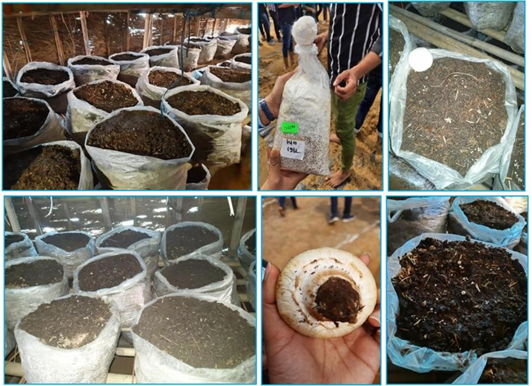Sustainable Development Goal 12 (SDG 12) ensures sustainable consumption and production patterns. This goal recognizes the need to decouple economic growth from environmental degradation and resource depletion, promoting responsible consumption and production practices.
At its core, SDG 12 aims to achieve more efficient use of resources, reduce waste generation, and minimize the environmental impact of consumption and production. This involves promoting sustainable practices across various sectors, from manufacturing to agriculture and encouraging consumers to make environmentally conscious choices.
One key aspect of SDG 12 is the promotion of the 3Rs: Reduce, Reuse, and Recycle. The goal encourages minimizing waste generation, reusing products, and promoting recycling to reduce the demand for new raw materials. By adopting circular economy principles, SDG 12 aims to create a more sustainable and resource-efficient global economy.
SDG 12 also emphasizes the importance of sustainable management and efficient use of natural resources. This includes efforts to address overexploitation, deforestation, and loss of biodiversity. The goal encourages adopting sustainable practices in industries, such as sustainable agriculture and responsible forestry, to ensure the long-term health of ecosystems. The achievement of SDG 12 requires the involvement of businesses, governments, and consumers. Businesses are urged to adopt sustainable practices in their production processes, while governments are called upon to implement policies that incentivize sustainability.
Consumers play a crucial role by making informed choices, supporting eco-friendly products, and reducing wasteful habits.
SDG 12 is interconnected with other sustainable development goals, such as those related to climate action (SDG 13), life on land (SDG 15), and life below water (SDG 14). By promoting sustainable consumption and production patterns, SDG 12 contributes to the broader agenda of building a more sustainable and resilient future.
